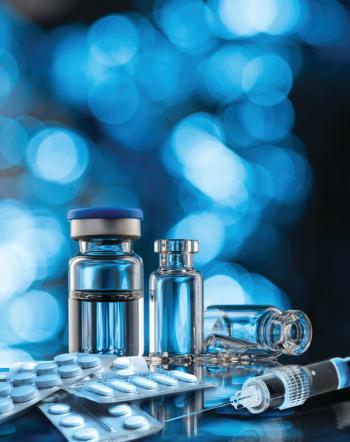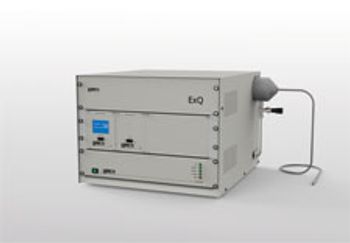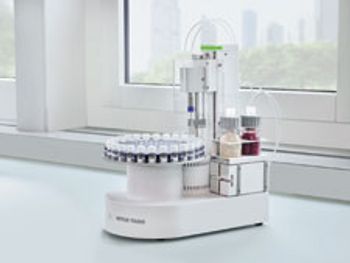
The development of new packaging solutions that are fit for drugs of the future requires close collaboration between the pharmaceutical manufacturer and its packaging suppliers and machine vendors.

The development of new packaging solutions that are fit for drugs of the future requires close collaboration between the pharmaceutical manufacturer and its packaging suppliers and machine vendors.

Measurements by a drone-based online pressure monitoring system help identify weak points in the filling line, enabling the process to be optimized.

The authors offer recommendations for permissible daily exposures and concentration limits of elemental impurities for dermal drug products.

FDA has approved a new gene therapy for treating patients born with a rare, inherited vision loss.

MilliporeSigma will collaborate with IPS and G-CON to offer end-to-end, turnkey, modular MAb manufacturing.

BioTek Instruments has released a second edition of its BioSpa software that now offers users a simplified but effective interface for kinetic imaging or detection workflows.

Sanofi Genzyme and its partner, Alnylam Pharmaceuticals, have filed a marketing authorization application with EMA for an investigational RNAi therapeutic for treating a genetic-based disease.

The company has completed development of a first-generation production process for its chimeric antigen receptor regulatory T cell product portfolio and is selecting a CMO for clinical supply.

The US Court of Appeals for the Federal Circuit has decided in favor of Novartis’ Sandoz in rendering the opinion that Amgen cannot use state laws to prohibit or delay the marketing of biosimilars.

FDA has approved a Pfizer biosimilar to J&J’s top-selling anti-inflammatory biologic, Remicade.

Abzena has entered into a Master Services Agreement with a US biotech company to provide process development and manufacturing services to progress a novel antibody-drug conjugate (ADC) to clinical trials.

The approval for Admelog (insulin lispro injection) marks the first short-acting insulin approved as a “follow-on” product.

In partnership with Indian pharmaceutical firm, Torrent Pharmaceuticals, Novo Nordisk has expanded an insulin manufacturing facility at Torrent’s Indrad, Gujarat, India site.

The companies will co-develop and co-commercialize the lead candidate generated from their earlier collaboration to treat genetic blood disorders.

The Endress+Hauser iTHERM TrustSens hygienic RTD self-calibrates to verify in-line that the sensor is working as designed

The agency has approved Nucala (mepolizumab) to treat Eosinophilic Granulomatosis with Polyangiitis (EGPA) to GlaxoSmithKline. This indication is the first FDA-approved therapy specifically to treat EGPA.

SGS has introduced a Sanger sequencing service at its Glasgow, United Kingdom, laboratory to support genetic stability testing and perform identity testing on cell banks, plasmids, and viral seeds/vectors.

The new 30,000-L, $150-million biologics manufacturing facility in Wuxi, China, quintuples the company’s existing manufacturing capability.

Gilead Sciences will acquire Cell Design Labs to further cell-therapy research and development efforts.

Biopharma majors are among the industry stakeholders who have commented and raised questions about FDA’s recently proposed draft guidance for analytical assessment of similarity in biosimilars.

Amid business and regulatory uncertainty, bio/pharma experts reveal opinions on salary, recognition, and training.

Medherant has developed an improved instrument for testing drug release from transdermal patches.

In Part I of this article series, the authors discussed the regression control chart method for identifying out-of-trend data in pharmaceutical stability studies. In Part II, the by-time-point method and the multivariate control chart method are investigated, and improved approaches are suggested. The method is illustrated using real data sets.

The Hiden ExQ quantitative gas analyzer is a mass spectrometer system providing continuous on-line analysis of dynamic gas streams at pressures from sub-atmospheric up to 30 bar.

The InMotion Karl Fischer (KF) Oven Autosampler from Mettler Toledo is suited for KF titration and comes in two models, InMotion Flex and InMotion Pro, and allows up to 26 samples to be analyzed on a 25-centimeter platform.